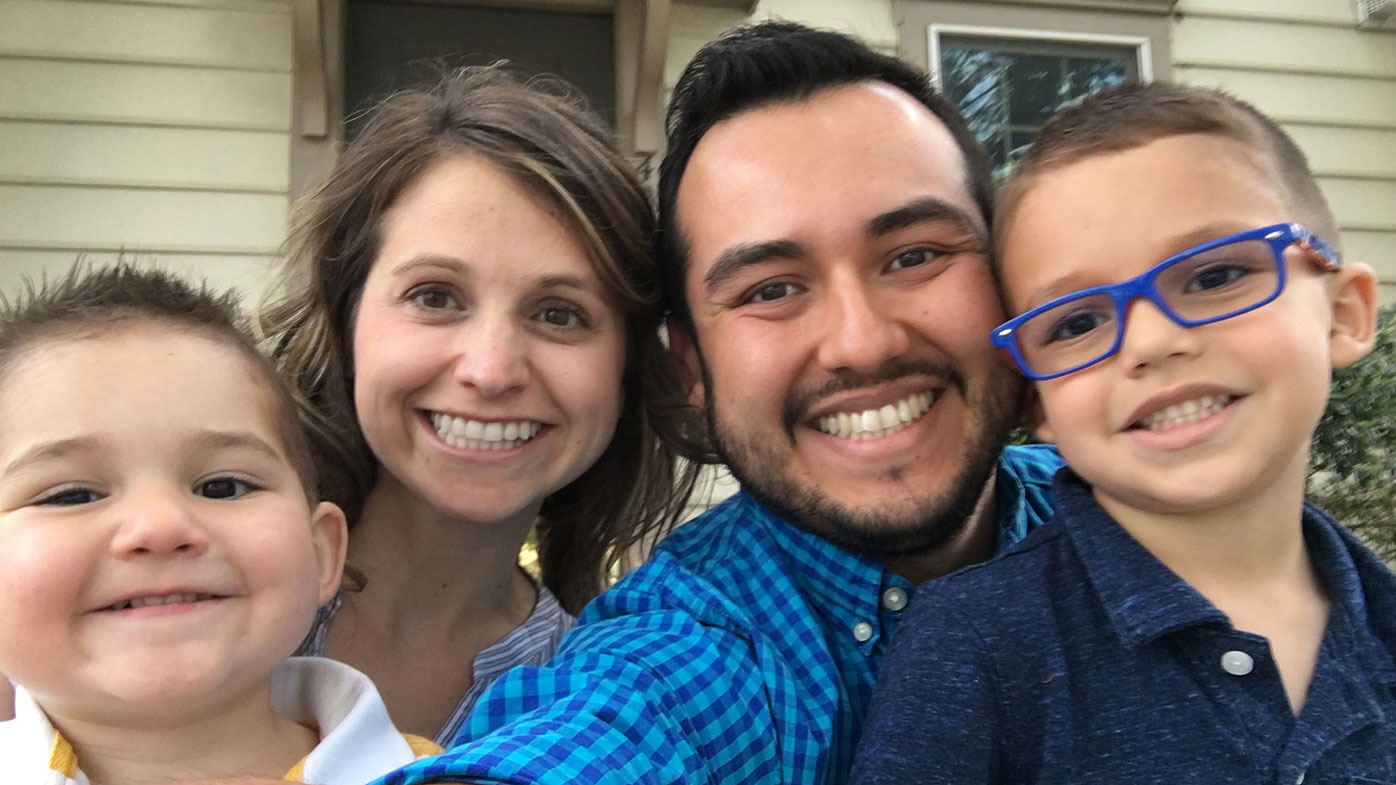
After four months, Daniel beat his cancer and several years later when he married his wife, Kendall, in 2013, both agreed that adoption and IVF were viable options to grow their family. Still, Daniel was encouraged to visit a urologist to learn if they could still have children naturally. The doctor told Daniel things had improved and they could give it a shot, keeping in mind it could be a long, frustrating process.
Three months later, Daniel and his wife were pregnant. They welcomed their son, Mateo, in 2014 and a second son, Camilo, in 2016.
Daniel says that his survival is due in large part to the fact that he listened to his body. At 18 years old, he felt discomfort in his leg and sought treatment, first from his primary care doctor, and then a specialist. Within a few weeks, he was given a cancer diagnosis. He met with a team of oncology specialists and soon after began treatment.
Other men, especially teenagers, may have ignored the pain and hoped it went away on its own. But that decision can be deadly, Daniel said.
“I feel a lot of men avoid going to the doctor when they are experiencing issues because they fear what they are going to find,” he said. “And then they just wait it out to see if the issue resolves by itself. But by then it could be too late.”
There is also a stigma around men showing vulnerability, he added.
“I strongly believe that men should embrace feeling vulnerable; it’s a sign of strength. In my experience, being proactive about my health and being strong enough to listen to my body and take care of the issue allowed me to be alive and enjoy my family today.”
Daniel also stressed the importance of mental health. Not long after he was in remission, back in 2004, he experienced a bout of deep depression. He had beaten cancer, after all. So why wasn’t life more colorful? Why wasn’t the grass greener? Daniel said, as he remembered the questions circling his mind. He went to therapy to help him answer his questions, including the troubling “why did I even beat cancer?”
As he gazes at the four smiling faces in his family portrait, with sunlight protectively surrounding them, he is reminded why.
In honor of National Men’s Health Month, and International Men’s Health Week June 14-20, Daniel has a few words of advice: Go see your doctor and trust science. “Dedicating time to take care of yourself is an act of responsibility for you, and for the people you love.”


